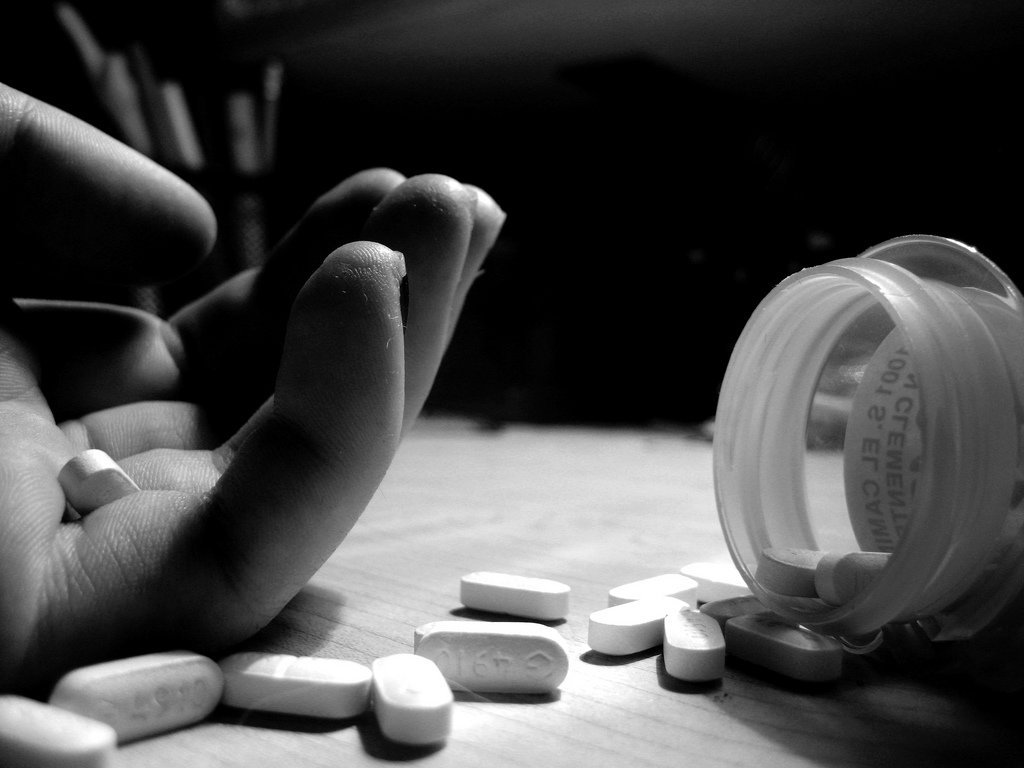
Soon after he was brought in, the man who had been given the bad cheque worth Rs500,000 reached the precinct. Amidst the commotion, Arshad managed to sneak outside, grab a gun and shoot himself dead.
While the police are investigating just how Arshad managed to get a firearm and whether any of the officers ‘helped’, he unwittingly became part of an issue much larger lurking just under the surface in Hazara division – high rates of suicide.
According to data compiled by the Human Development Organization (HDO) from news reports, there had been 74 suicides and attempted suicides in three districts of the division in just 10 months from January to October – a rate of over seven per month. There was a higher prevalence among men than women – 46 to 28.

While the data relies on cases reported in the news, it shows that Haripur district led with the highest number of cases at 30. Of these, 20 were men between the ages of 17 and 50. At least seven women between the ages of 17 to 35 had killed themselves in the district. Two men and a woman attempted suicide but survived.
In Abbottabad, there were 28 suicide attempts. Of these, 13 men and 12 women died. A man and two women attempted suicide but were given life-saving medical care.
Mansehra, which has been a hotbed of crime, reported fewer cases, with 16 suicides and attempts. Of these, there were nine men and boys, and six women and girls. One man who tried to attempt suicide survived.
Of those who managed to kill themselves, the use of a firearm was the preferred method among men, with 26 shooting themselves. Around a dozen men hanged themselves, while eight consumed poison.
Women showed a preference for poison over guns, with 16 consuming toxins to take their own lives. Only three died after turning a gun on themselves. Three others hanged themselves, three set themselves on fire, two jumped into a river, and one threw herself in front of a moving train.
While we do not know exactly why Arshad decided to end his life, HDO’s Dr Sahira Khan, a clinical psychologist working on the rehabilitation of torture and trauma victims, explained that dire economic conditions, lack of proper counselling, family pressures, and troubled marriages appeared to be the main reasons for suicidal thoughts.
Noting that the majority of people who go ahead with committing suicide suffer from depression, she said that such people often display the symptoms of their psychological complications. These symptoms include chronic sadness, lack of interest in routine activities, sleeplessness, social withdrawal, intolerance, irritability, and suicidal thoughts.
Dr Khan explained that excessive use of cell phones, social media and shrinking time spent with family members had increased social and intra-family isolation. Hence, people suffering from depression are often unable to seek out relief through their families owing to the isolation. On the other hand, families miss the signs of trouble and thus fail to prevent suicides.
“If people suffering from depression are provided with attention by their families, their lives could be saved and it could even enable them to return to normal life,” Dr Khan said, suggesting that people suffering from depression require care and attention of the people around them and usually only take their lives as a last resort.
T*, a young man in his twenties who tried to commit suicide but was saved, echoed some of the reasons Dr Khan listed.
“I felt I had no way out [apart from committing suicide] after being constantly taunted by my family about being jobless,” he recalled. T took rat poison, but doctors were able to save him.
The feeling of being trapped is one shared by S*, a married woman with two children who attempted suicide after facing domestic violence and abuse over ‘her inability’ to give birth to a boy.
“I was totally fed up with my life,” S recalls, adding, “although I was worried about the future my two daughters, I saw death as the only escape from my pain.”
S had consumed insecticide but was rescued.
In Arshad’s case, it remains to be seen whether or not the people around him in his final moments had paid sufficient attention to his state of mind.
*Names changed to protect identity
Published in The Express Tribune, December 29th, 2016.

































1713853507-0/MalalaHilary-(2)1713853507-0-270x192.webp)







COMMENTS
Comments are moderated and generally will be posted if they are on-topic and not abusive.
For more information, please see our Comments FAQ